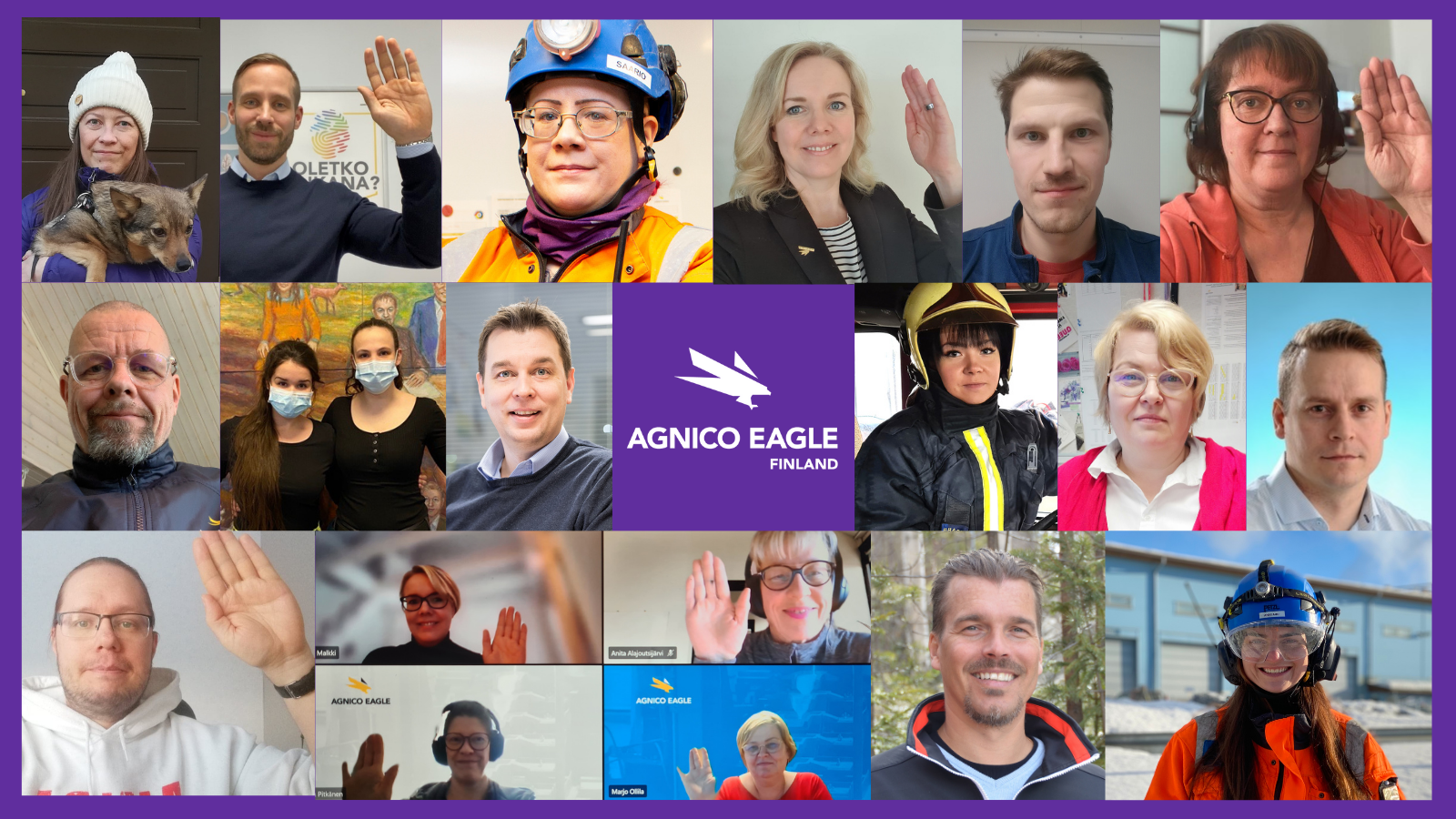March 8, 2021
According to the Finnish Institute of Occupational Health, diversity in the workplace involves having employees who represent a broad spectrum in their age, gender, ethnic background, nationality, sexual orientation, family situation, language, religion and beliefs, and work ability.
Agnico Eagle is committed to supporting workplace diversity and inclusion in all of its operations. This commitment is based on our core values: the family, trust, respect, responsibility, and equality.
Appreciating diversity means recognizing and respecting differences. In an inclusive work community, all employees, however different from others, have opportunities to contribute to the success of our company, and they are encouraged to do so.
Pia Pitkänen, a personnel-development expert on the Kittilä mine’s recruitment team, explains that diversity makes a work team stronger. She says, “Diversity results in a wider range of expertise, experience, and vision, which has a positive impact on innovativeness and therefore on productivity. Also, a diverse organization is an attractive employer.”
Pia has forged a long career at Agnico Eagle Finland. Since she joined the company, the percentage of women among the personnel has remained at 13%. Most of them perform administrative tasks, and only a few carry out technical work. While we know that Finnish girls excel in science and mathematics, Finnish women are still conspicuously absent from technical professions.
“We should do better at encouraging girls to enter the engineering sector and advertise the fact that the mining industry offers interesting, well-paid jobs and great career opportunities for women,” says Pia.
Senior HR Manager Kaisa Saarijärvi, who is responsible for Agnico Eagle’s HR operations in Europe, emphasizes that diversity and inclusion in the workplace begin with recruitment. “Supervisors responsible for recruitment must pay attention to unconscious biases. We have to challenge our thinking and prejudices,” she says.
We encourage supervisors to pay attention only to matters that are important for the performance of the tasks, such as training and skills. To this end, we have set criteria for each task, against which the applicants’ expertise can be assessed. In addition, more than one person is involved in recruiting new employees, to avoid stereotypical assessments of suitability for the job.
“Diversity in the workplace can be promoted in many ways. One of them is through the anonymous recruitment process, which is a hot topic at the moment,” says Pia, adding, “Others are the development of non-discriminatory practices and the inclusion of a diversity clause in the job ad. The diversity clause is a signal that our work community appreciates diversity and that we hope to receive applications from people with different backgrounds.”


